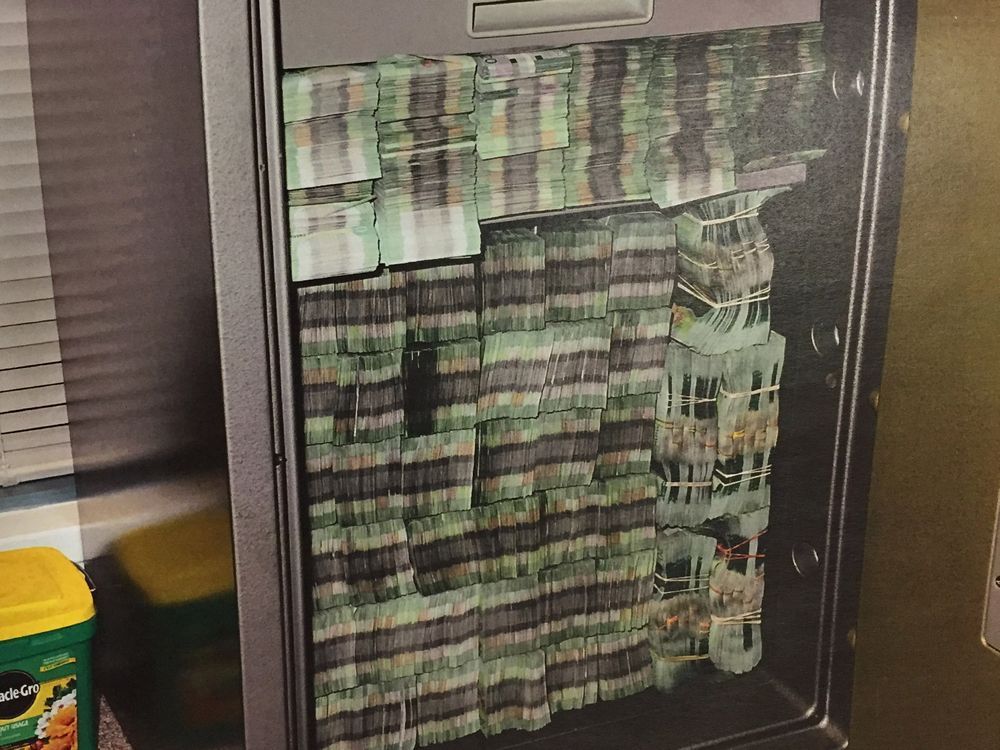Court ruling releases $2 million back to accused in B.C.'s biggest money-laundering case

Credit to Author: Gordon Hoekstra| Date: Sat, 14 Sep 2019 00:39:57 +0000
A B.C. Supreme Court judge has ruled that an interim freeze of assets in B.C.’s biggest money-laundering case was done improperly, and has ordered the release of $2 million in cash to the accused.
In a ruling released Friday, B.C. Supreme Court associate chief justice Heather Holmes concluded the Civil Forfeiture Office did not provide a fair and complete legal basis to consider the need for an urgent freeze on the cash, a $2-million house, casino chips, gift cards and jewelry.
Providing a fair and complete legal basis was particularly important, according to Holmes’ ruling, given that the decision took place in an ex parte hearing, where the defence lawyer was not present.
As a result of her findings, Holmes agreed to another freeze order on the other assets, but excluded the cash.
In the civil forfeiture suit, Caixan Qin and her spouse Jian Jun Zhu are accused of running an underground bank in Richmond, called Silver International, that allegedly laundered as much as $220 million a year.
The pair have denied any wrongdoing and said that search and seizures violated their Charter rights.
The release of the cash back to the accused is a major development in the civil forfeiture case that was launched immediately after criminal money-laundering charges were stayed against Qin and Zhu in late 2018.
The threshold for proving a civil claim is lower than for a criminal conviction, a balance of probabilities rather than beyond a reasonable doubt. Provincial prosecutors were hoping to hit the accused in the pocketbook.
However, the $2 million represents the bulk of the assets as the house, which recently sold for $1.88 million, was heavily mortgaged to the tune of $1.66 million. The net proceeds of the sale are to be paid into the court pending the final outcome of the case.
In her 36-page decision, Holmes noted that the lawyer for the civil forfeiture office allowed no room for opposing views of law, made no apparent effort to put forward the position the defendants’ lawyer would have taken, and also misstated the law on one foundation point that favoured the civil forfeiture office’s position.
“The court must take the misconduct very seriously, because misleading statements in an ex parte hearing undermine the integrity of the process, and may even obliterate it,” wrote the judge.
Following the stay in the criminal case, Holmes, who also presided in that case, had ordered the cash be returned to Qin and Zhu.
The conflicting orders — one to return the cash and one to freeze it — was an issue of concern in this decision by Holmes.
In a written statement, Matthew Nathanson, Qin’s lawyer, said the ruling was important.
“First, it reaffirms the high standard of fairness and candour required of parties to ex parte proceedings where only one side is present. Second, it demonstrates that there will be real consequences where parties do not live up to this standard,” said Nathanson.
The civil forfeiture office has 30 days to appeal the decision.
Hope Latham, a spokeswoman for the Solicitor-General’s office, said: “The Civil Forfeiture Office will be reviewing this decision and will not be commenting further during the appeal period.”